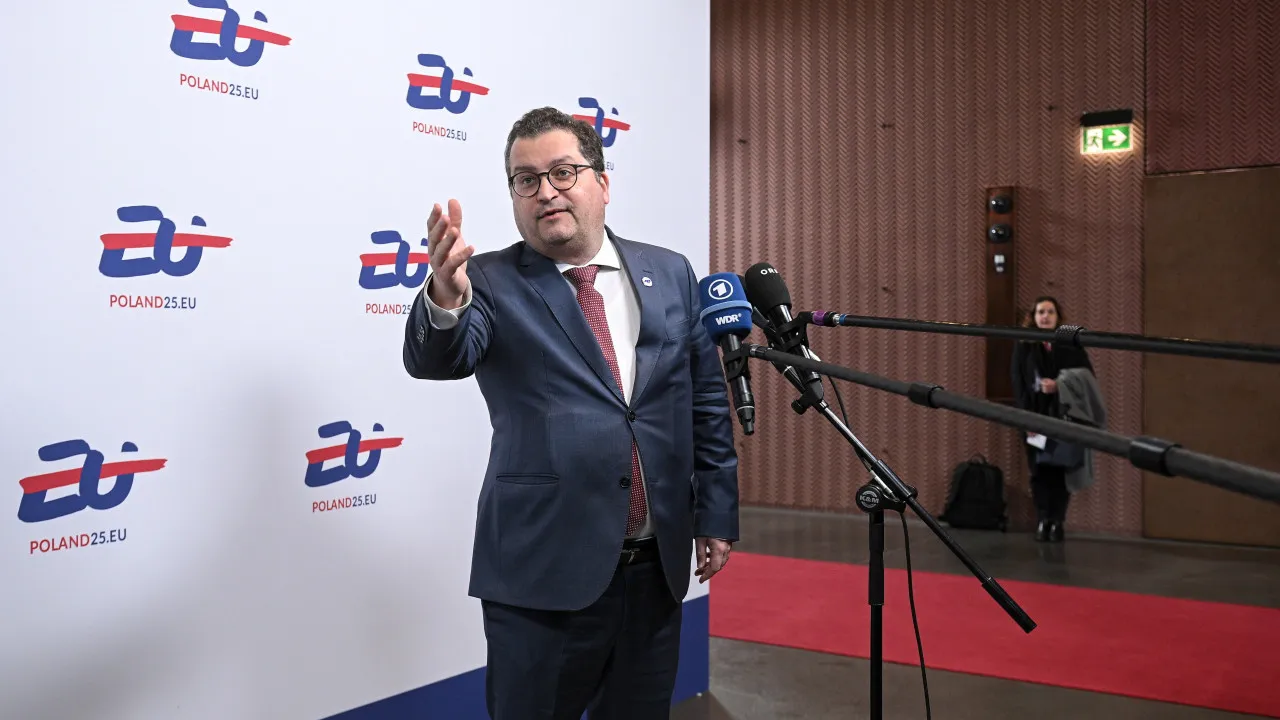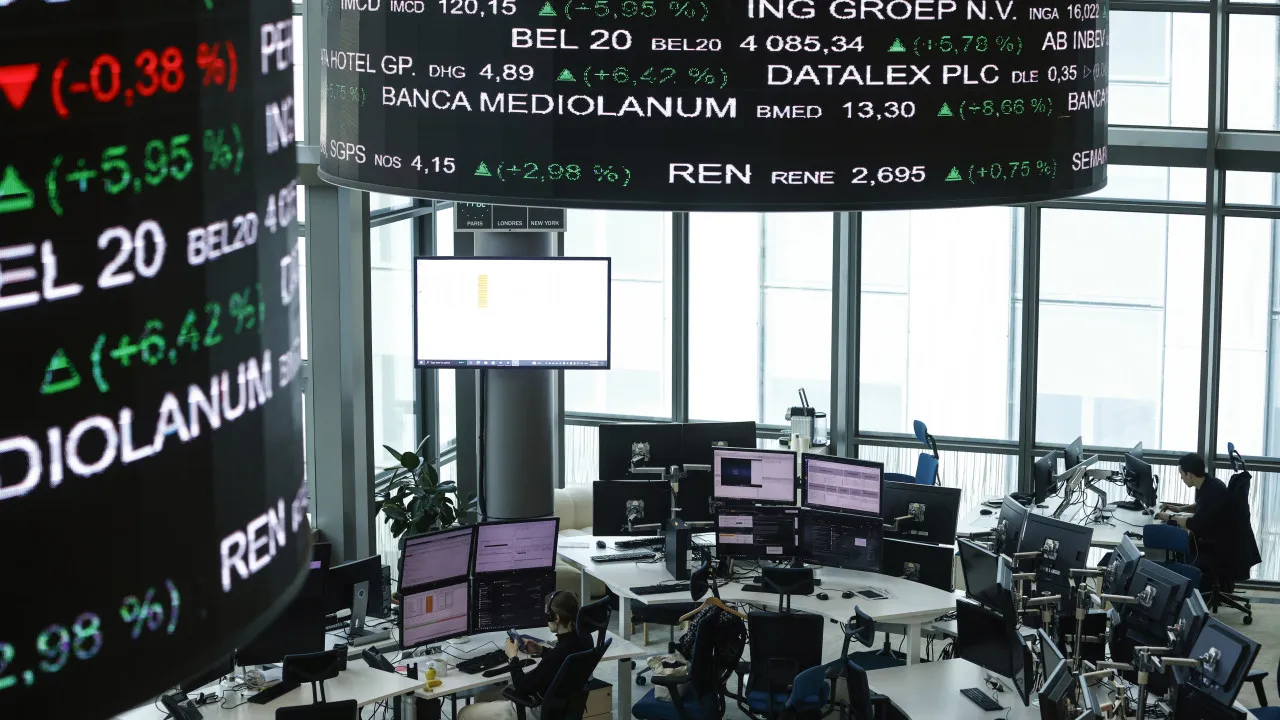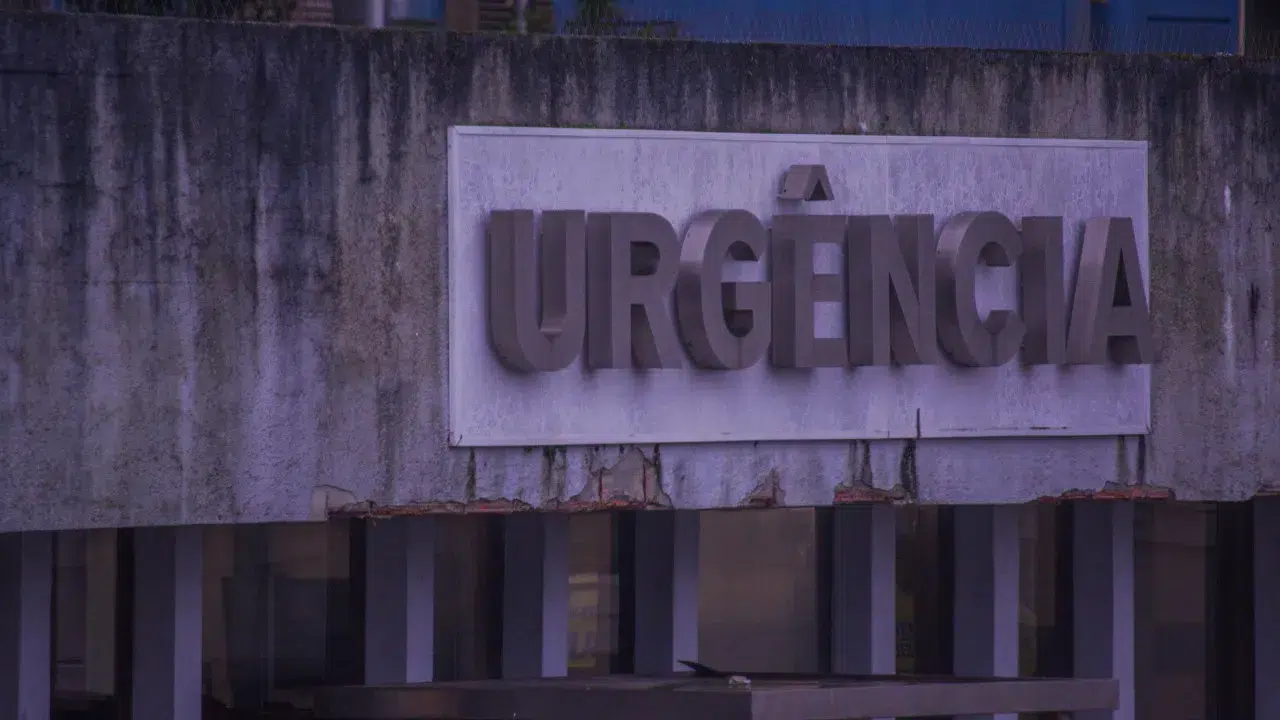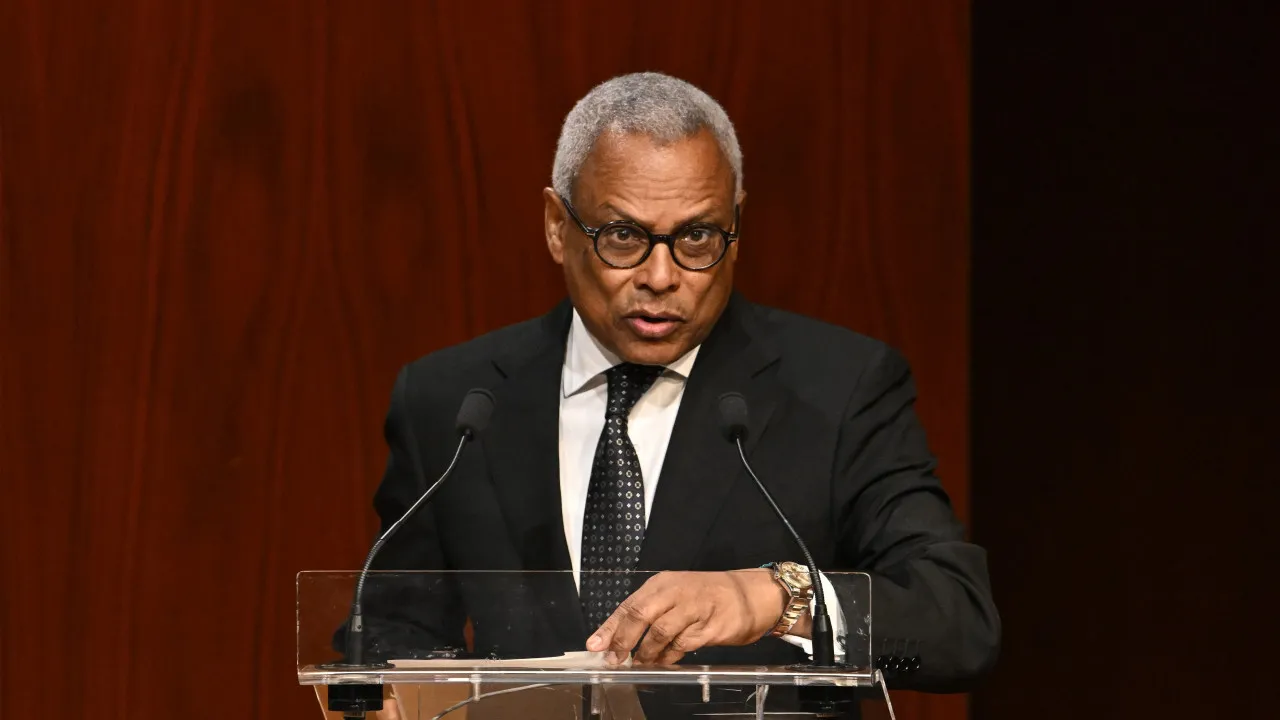The European Commission said today that it is up to the member states of the European Union (EU) to decide which manufacturers to exclude from the development of fifth generation mobile networks (5G), supporting Portugal’s understanding and admitting “some problem” with Huawei.
“From day one, when we put in place the so-called toolbox on 5G, we obviously didn’t mention any company, but we did mention the risk that any country should avoid when selecting or having its companies select suppliers and, of course, the decision was taken by them [Portugal],” declared the European Commissioner for the Internal Market, Thierry Breton.
At a meeting with the European press in Brussels, including the Lusa news agency, and when asked about the announcement that Chinese manufacturer Huawei has filed an administrative action against the Security Evaluation Commission’s deliberation on 5G equipment, with the aim of safeguarding its legal rights, the European official said: “I think that if the Portuguese authorities are complying with the rules, they should take this decision.”
“It’s not up to me to say whether it applies to one company or another, but it is up to me to make sure that the 27 countries agree on the risks that cannot be borne during the deployment of 5G networks,” he added.
According to Thierry Breton, “the way these networks are developed is not the same” depending on the suppliers taking part.
“Huawei – as you mentioned – has some pieces of equipment that have no problem, but others may have a problem and it is up to the member states to decide and […] fulfill the commitment that everyone has made to respect the toolbox,” he said in this response to Lusa.
The position comes two days after Huawei confirmed to Lusa that it had “filed an administrative action with the Administrative Court of Lisbon against deliberation 1/2023 and related documents concerning 5G equipment, issued by the Security Assessment Commission,” an official source said in a written response to Lusa.
Last May, the Security Assessment Commission, as part of the High Council for Cyberspace Security, issued a resolution on the “high risk” to the security of 5G networks and services of using equipment from suppliers that, among other criteria, are from outside the EU, NATO or OECD and that “the legal system of the country in which it is domiciled” or connected “allows the government to exercise control, interference or pressure over its activities operating in third countries”.
The decision did not mention the names of any companies or countries, but the case of Huawei does come to mind, particularly because the Chinese technology company has been banned from 5G networks in other European countries.
Earlier, in January 2020, the European Commission advised EU member states to apply “relevant restrictions” to suppliers considered “high risk” in 5G networks, including exclusion from their markets to avoid “critical” risks.
This was a toolbox released with recommendations for member states to implement to mitigate possible cyberattacks, espionage actions or other problems related to the development of this new technology.
Europe is Huawei’s biggest market outside China.
Asserted as a European priority, the commitment to 5G has also raised concerns about cybersecurity, with Huawei at the center of controversy over alleged spying on 5G equipment, which the technology company has rejected, reiterating the lack of evidence.








